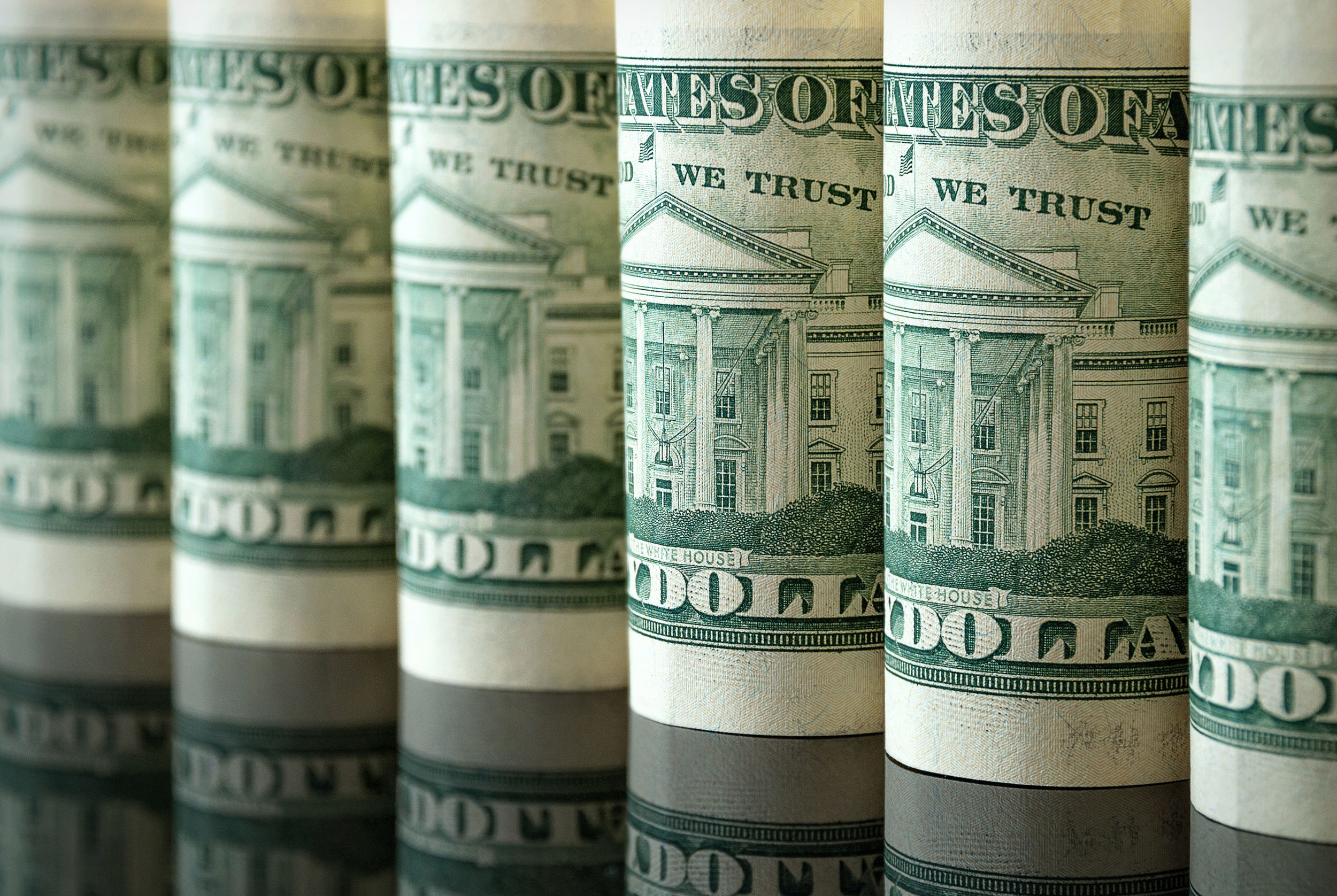In a 1031 exchange, can the seller use sales proceeds to fund the “escrow” account and still defer all taxes related to the sale, or does the seller need to bring cash to closing to fund the escrow? In this blog, we'll discuss this question through the lens of a client's recent 1031 situation.
Background
First, a little bit of background. In this case, the client had to get cash to the buyer at closing as part of a roof/HVAC concession. For the buyer’s financing reasons, he didn’t want it to come right off the purchase price. The client was hoping to get the cash to the seller as a “commission” expense to him since he was unrepresented. However, the buyer was financing through the SBA, and the SBA required an escrow account. Considering all of this, the client wanted to know if they needed to bring cash to the closing in order to defer the tax, or if they could use the sales proceeds to fund the escrow.
Transactional Expenses in a 1031 Exchange
Funds from the sale of the relinquished property may be used to pay customary transactional expenses including attorneys fees related to the disposition of the relinquished property and the 1031 exchange. However, if you have already paid the attorney the fees you typically may not be reimbursed with exchange funds during the exchange period.
The "G(6) limitations" impose stringent limitations on your ability to receive actually or constructively any proceeds from the relinquished property during the exchange period.
Unused Escrow Funds
If there are unused / unspent exchange funds remaining in the 1031 escrow account after the purchase of the last replacement property (at the end of the exchange period), these un-utilized proceeds may go back to you to reimburse you for expenditures you made for the exchange such as attorneys fees that you already paid.
You may want to discuss this with your CPA or tax advisor because reasonable people can differ in their approach to this topic.
Start Your Exchange: If you have questions about escrow in a 1031 exchange, feel free to call me at 612-643-1031.
Defer the tax. Maximize your gain.
© 2017 Copyright Jeffrey R. Peterson All Rights Reserved



